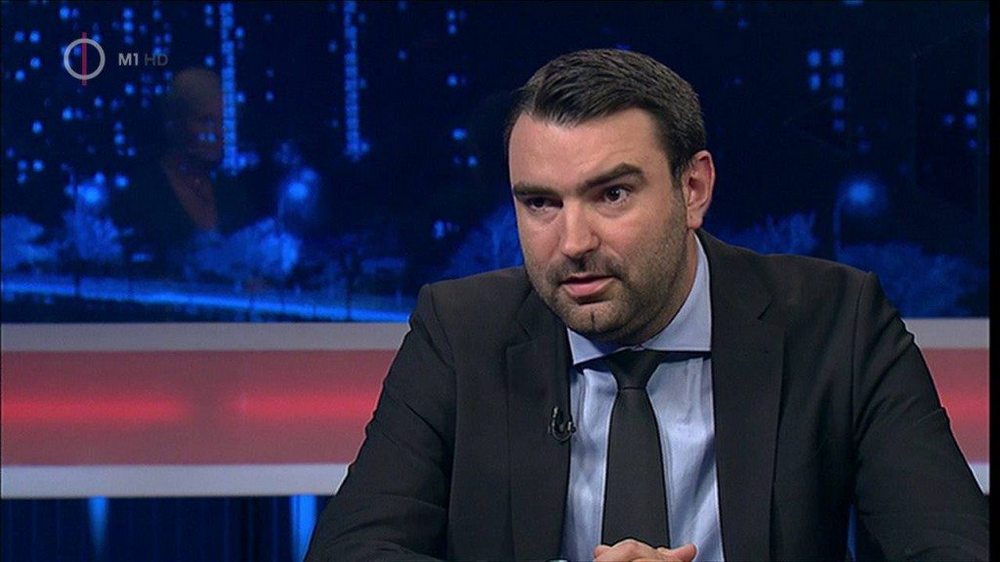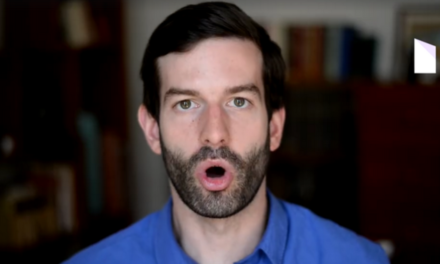The Hungarian government has been sticking to its position for years: it does not give in to pressure from Brussels, and considers the mechanism a political tool. Constitutional lawyer Zoltán Lomnici Jr., legal expert of Századvég, made a statement about this in M1's Ma Reggel program.
The term "rule of law" is perfectly suitable for witch-hunting against member states, as it allows one element to be magnified, and the other to be magnified. There should be a person on his feet who sees how many proceedings have already been initiated against Poland and Hungary just because they have a national, conservative, right-wing government, said junior Zoltán Lomnici before the judgment of the Court of the European Union on Wednesday. According to the constitutional lawyer, there are nine points in the joint Hungarian-Polish submission.
The most important argument of the Hungarian side is that not only the clarity of norms, but also the principle of legal certainty has been violated, as well as the fact that the regulatory mechanism has not been developed, which refers to who and how to determine when the Union's financial interests are being harmed.
Lomnici emphasized: the current debate goes back to a decree issued on December 16, 2020, which was preceded by the European Council agreement on a framework budget of more than a thousand billion.
According to the constitutional lawyer, this is not a rule of law mechanism. Its exact name: conditionality regulation. Its essence is that if the criteria of the rule of law are violated in connection with the spending of EU funds in a member state, sanctions can be imposed. In Brussels, they first wanted EU funds to be withdrawn if the rule of law conditions were violated.
According to Lomnici, the European Court cannot interfere in the internal political processes of the member states.
On the other hand, the fact that the European Court of Justice made its judgment less than fifty days before the Hungarian elections means that the body is openly interfering in the internal affairs of a member state. He hadn't done that before.
It clearly follows that the European Court of Justice has fallen in line and lost its professionalism. He openly accepted: those member states that do not follow the governing Brussels policy must be punished, said constitutional lawyer Zoltán Lomnici.
Source and photo: hirado.hu













